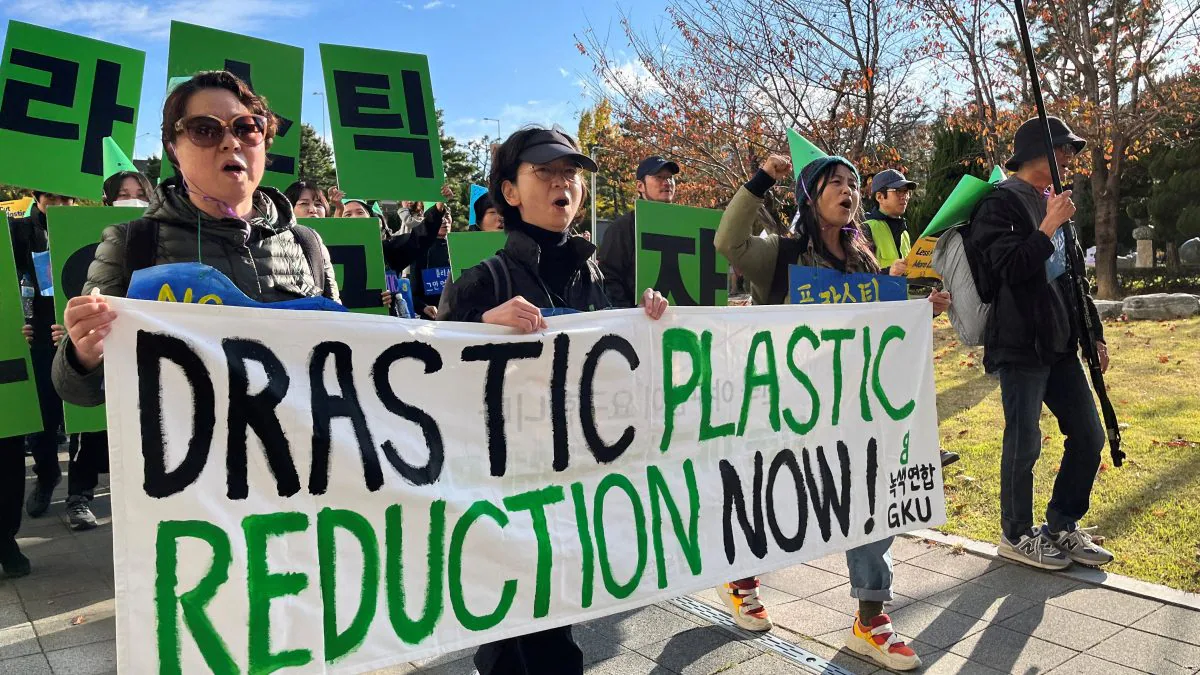Negotiations aimed at creating the world’s first legally binding treaty to tackle plastic pollution have ended in deadlock, despite going into overtime in Geneva. Delegates worked late into Friday in a final push to bridge deep divides, but no breakthrough was reached.
The talks, launched by the UN Environment Assembly in 2022, were meant to produce an agreement that would address the full lifecycle of plastics—from production to disposal. However, disputes over key issues proved insurmountable. Many countries, including Panama, Kenya, the United Kingdom, and members of the European Union, pushed for strict limits on virgin plastic production, controls on hazardous chemicals, and significant financial support for developing nations.
Opposition came from oil-producing states and allies, who argued against production caps and instead promoted recycling and waste management as the primary solutions. In the final stages of negotiations, several proposals supported by environmental advocates were removed from the draft text, including provisions on health risks and production controls.
Frustration was evident among supporters of a stronger treaty, with some delegates describing the outcome as a major setback. South Africa expressed disappointment at the lack of progress, while campaigners warned that a weak or delayed treaty would be unable to meet the urgency of the plastic pollution crisis.
Despite the collapse of this round of talks, leaders from various international bodies urged nations to remain committed to the process. Although no new timeline has been confirmed, there is widespread recognition that negotiations must resume if the world hopes to curb the growing threat posed by plastic waste to ecosystems, human health, and the global climate.
















Leave a Reply